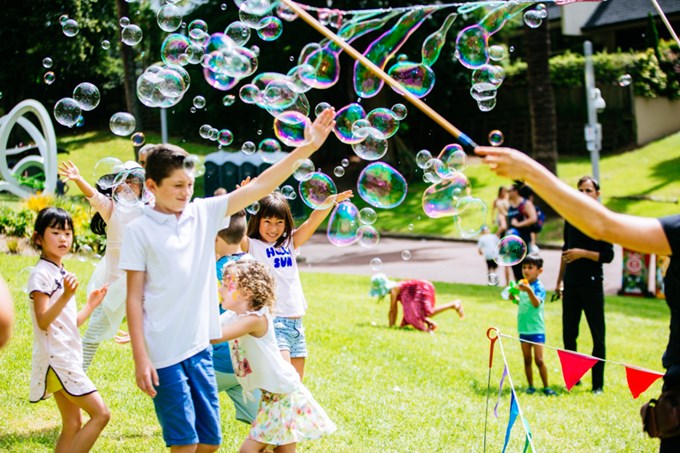Auckland Council’s committees make hundreds of decisions every year that affect how Aucklanders live, work and play.
This week the Environment and Community Committee marked the year that’s been with its inaugural highlights report for 2017/2018.
View the highlights report for 2017/2018 here. The report includes videos of projects and more information. (Double-click on videos to enlarge.)
The report presents a variety of projects that have come to fruition through decision making and practical, community-led action.
Councillor Penny Hulse, who chairs the committee, says the report is a celebration of work made possible by the council and communities working together.
“The best part of our job is having the privilege to make a difference in people’s lives."
"But what’s even better is watching empowered Aucklanders and their whānau lead the way.
“While the report isn’t exhaustive, it touches on projects right across our region involving a diverse range of Aucklanders. We hope our communities can see themselves in this report.
Hope for the future
“Councillors spend hundreds of hours at meetings, reading complex reports and making decisions. Every now and again it’s great to look back and see how these decisions come to life in the community.
“We encourage everyone to look through the report, watch the videos, and feel hopeful for the future of what we can achieve together, says Councillor Hulse.”
Each project in the report is aligned with one of the six outcomes of the Auckland Plan: belonging and participation, Māori identity and well-being, homes and places, transport and access, environment and cultural heritage and opportunity and prosperity.
Highlights and achievements
Some of the projects highlighted in the report:
- Te Kākano (Māori identify and wellbeing)
The Te Kākano framework has been developed to improve the council’s services for tamariki Māori under five and their whanau. The framework uses a kaupapa Māori approach and is being tested through five pilots across the region. It was developed by council staff in close collaboration with mana whenua and mataawaka. Te Kākano is proving to be very popular, with more than 180 children involved in the Howick pilot.
- Upcycling: collaboration between Cook Islanders and Sikhs (belonging and participation)
The Supreme Sikh Society of New Zealand has been donating Rumala Sahib (holy cloth) to several local organisations where it is being upcycled into beautiful products to be used by the wider community. Around 200 women, with the Cook Island Development Agency New Zealand and other community groups, are using their skills to give the fabric a second life and showcase the work based on their own cultural backgrounds.
- Makerhood (opportunity and prosperity)
The Makerhood is a movement to help young south Aucklanders rediscover the art of making. It’s a network of people and organisations that are encouraging people to fix and make stuff, rather than consume it. They have a vision to see south Auckland as being known for intergenerational creativity, entrepreneurship and innovation.
The Makerhood aims to grow creativity, problem-solving skills and an entrepreneurial mindset to get young south Aucklanders ‘work ready’ for jobs that don’t even exist yet.
- Biosecurity chickens (Environment and Cultural Heritage)
In April 2018, a group of around 200 chickens were brought to Aotea Great Barrier Island as part of the council’s biosecurity fight against the invasive Australian plague skinks.
The chickens were released on the island to hunt down the skinks after they were discovered in 2013. In turn, this provided an opportunity for the eggs that the chickens produce to be sent to the Auckland City Mission. The council has arranged for around 700 to 1000 eggs to be delivered to the mission every week.
The Environment and Community Committee forward work programme
The forward work programme for the upcoming year was also presented to the committee. Key activities include:
- Making progress with climate change adaption and mitigation, and taking action to reduce greenhouse gas emissions
- Enabling green growth with a focus on improved water quality, pest eradication and ecological restoration
- Making measurable progress towards the social and community aspects of housing all Aucklanders in secure, healthy homes they can afford
- Growing skills and a local workforce to support economic growth in Auckland.
View the forward work programme


